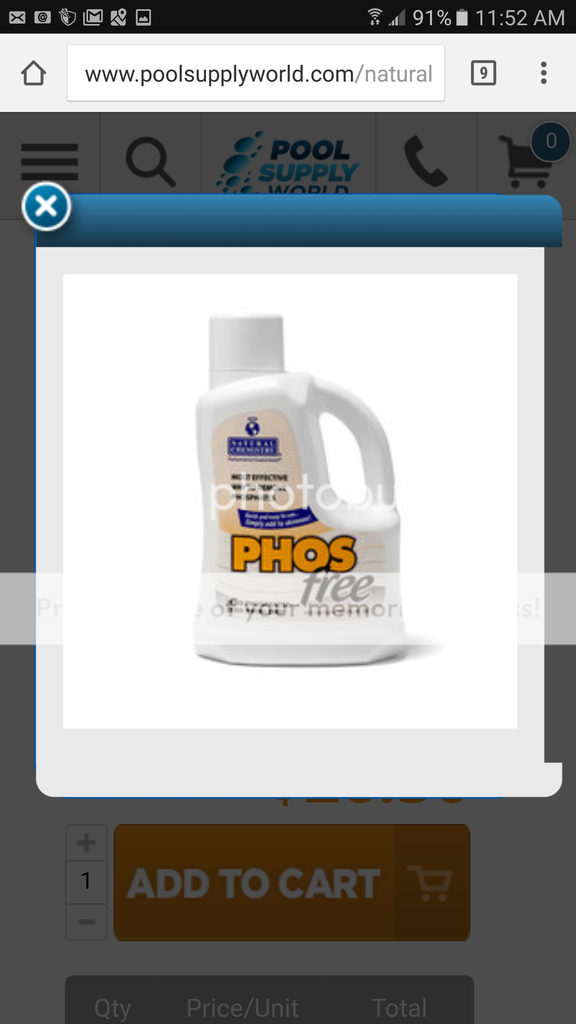FarmerTy
Silver Sponsor
Phosphate bound in the rock is my guess.
Thanks guys! I have minimal rock, but it's the purple Walt Smith 2.1 dry rock. I did cook it, but apparently not long enough!!!
The joys of reefing!
So how long on average are you guys cooking your dry rock? I just ordered 60 lbs of Pukani to start. I've seen anywhere from 2-3 months to be safe with once a week dipping and swishing to remove debris.
Thanks
I went until phosphates were zero. I treated with lanthanum chloride and changed water often.So how long on average are you guys cooking your dry rock? I just ordered 60 lbs of Pukani to start. I've seen anywhere from 2-3 months to be safe with once a week dipping and swishing to remove debris.
Thanks
So how long on average are you guys cooking your dry rock? I just ordered 60 lbs of Pukani to start. I've seen anywhere from 2-3 months to be safe with once a week dipping and swishing to remove debris.
Thanks
I went until phosphates were zero. I treated with lanthanum chloride and changed water often.
Well said! [emoji106]This is the most efficient, both time and money, way to get those phosphates out. However, you don't need to change the water. What you'll do is have a pump in the container to keep the water moving around. Whenever the phosphates elevate in the water column, throw in some LaCl. How much? Just enough to cloud the water a little. The LaCl will bind to the phosphate and precipitate out into a tan colored kind of gunk. You scrub that off later or as you go. Keep doing this until you can go a week without dosing LaCl and the water still shows zero phosphates. The reason I say no water changes are needed is because the goal of that is to reduce the phosphates. Since you're using LaCl, it's not necessary.
Any LaCl or one product in particular?





